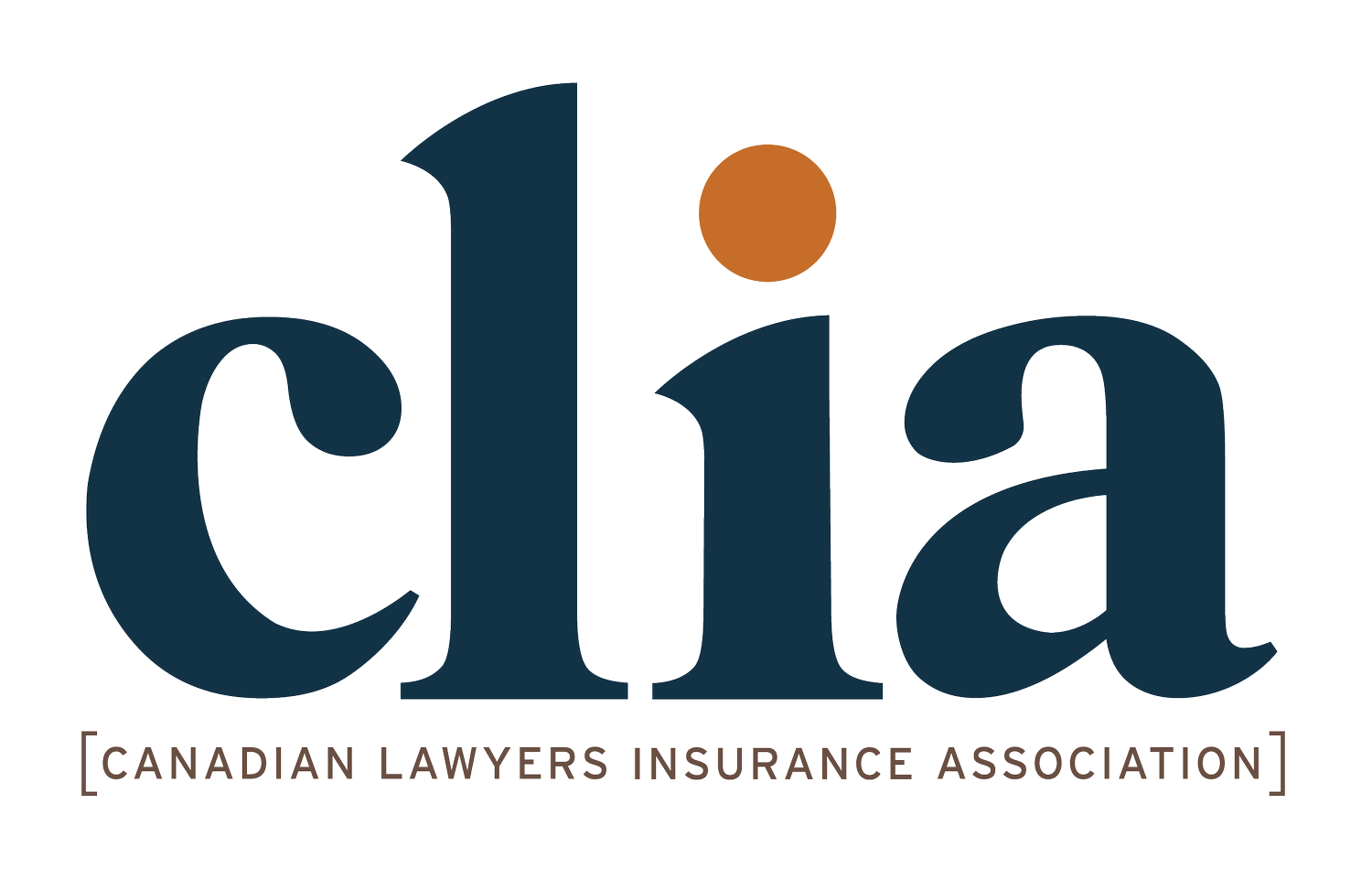Claims Based vs. Occurrence Based: Understanding Your Coverage Needs
In addition to mandatory professional liability insurance, CLIA offers excess insurance available to firms through our Voluntary Excess Program (VEP). Year over year throughout the excess insurance renewal process, we are recognizing that there are a considerable number of firms that make coverage limit decisions based on the work that they are involved in for the coming year. We spend a significant amount of time and effort educating firms purchasing excess insurance that the CLIA policy is a “claims made” policy and it is important for the firm to have appropriate insurance in place at the time that a claim is made, not when the work is being conducted.
There is a significant difference between a “claims made” and “occurrence based” policy. A claims-made policy covers claims that occur—and are reported—within the specific time period set by the policy. An “occurrence based” policy protects the firm from any claim that happens during the policy period, regardless of when a claim is reported.
The CLIA mandatory $1M of professional liability insurance policy is a hybrid of “claims made” and “occurrence based” coverage. Members who are insured under the CLIA mandatory (Part A) policy, are insured on a “claims made” basis. Any claim or potential claim must be reported within the policy period in which the insured had knowledge of the claim or potential claim. This is set out in Section 4.2 of the CLIA policy. When a policy period expires, the Insurer is free of liability for any occurrences except those the insured had knowledge of and was reported prior to expiry of the policy period.
The mandatory (Part A) policy takes on its “occurrence-based” character for members who are no longer insured at the time that a claim is made. This could apply to those who have retired, resigned, died, or been disbarred from the law society. In these cases, pursuant to the definition of “Individual Insured”, the policy will cover any claims that arise (subject to policy exclusions) as long as the occurrence took place during the period in which the member was insured.
Like most liability policies, our excess liability program is “claims made”, meaning insurance needs to be in place when a claim is made and not when the work is done. It is not transactional based coverage. Statutes of limitations provide for a time period in which to present claims, and firms that do not renew their insurances will not have coverage for losses reported after the expiry date of the policy. As such, coverage purchased out of the need for a single transaction will need to be purchased as long as the possibility of a claim still exists.

